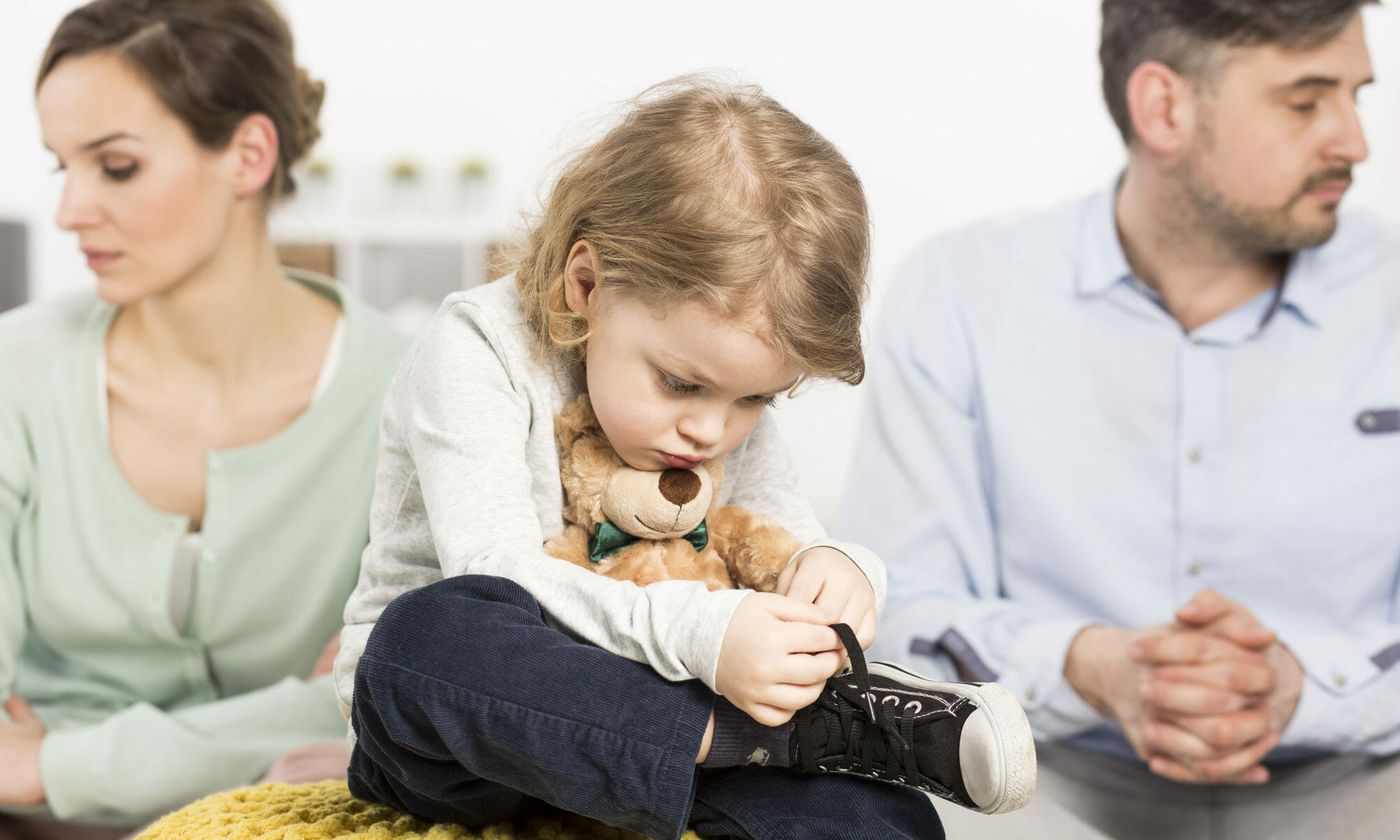Custody schedules work well until they don’t. No schedule is foolproof. Even Father’s Day sees alterations.
Most changes are due to everyone’s desire to help with your kid’s events or planned activities.
Have you ever wished you had an app that could handle the process?
An app with functions that allow you to send your ex-spouse and kids a schedule change request. And, having it automated from your calendar.
The good news is that the 2houses app automates change requests so you can get quick answers.
This feature is sure to simplify your communication with your ex-spouse. It will also keep the kids happy knowing that mom and dad are working together on their behalf.
Keep reading to learn more about how to keep your Father’s Day intact regardless of any schedule changes.
Sharing Father’s Day With Your Kids
No matter what your current schedule looks like, it might change if you want to share Father’s Day with your kids. It is important that both parents get equal time with the kids over the holiday. After all, Father’s Day in some families is also about the kid’s granddads.
If you’re fighting for more time, you need to do so in a way that makes the kids feel like they’re part of the solution. You don’t want to be the bad guy when it comes to considerations for Father’s Day. Take time to make sure you understand how your kids want to celebrate.
Kids need their mom and dad to have a good time. You may have family or friends visit your home on Father’s Day, and they may not know this need. You don’t want anyone taking sides against either parent during a holiday.
Instead, you want everyone to hold a positive viewpoint for the sake of the kids. You even hope they are proactive in facilitating the kids connecting with their dad.
Connecting With Dad
It is important for kids to connect with their dad during Father’s Day. This might be a few hours for dinner or the entire weekend. The key is making sure the kids get to share their input.
It is important for the kids to take part when deciding on dates and times for visiting with dad.
If the ex-spouse makes other plans to visit their dad, consider working out time for a phone call. Kids can also spend valuable time with dad through Facetime, Skype, and other media tools. Regardless of the venue or format of communication, the kids must be able to visit in a heartfelt manner.
Free to Be Them
The kids might need enough privacy so they can get goofy without anyone making comments. They need to experience the freedom to be themselves in a different manner with mom and dad.
Or, your kid might want to sing a special song and needs to be in an environment that is judgment-free. Scheduling time for your kid’s parental relationships is important to building their self-confidence.
When we allow our kids to express themselves in a personal manner to either parent, they need to feel secure. To help ease that sense of freedom, consider putting the focus on the kids.
Focus on the Kids
When your ex-spouse is reluctant and only allows for a short visit, keep it simple. Focus on your kids and make sure they understand how important they are in your life. Do not put your kids in the middle of the scheduling conflict.
The worst-case scenario is establishing a special time with the kids later in the week. You can turn the late Father’s Day event into a time of affirmation. After all, there wouldn’t be a reason to celebrate if the kids weren’t a part of dad’s life.
The kids will feel loved knowing both parents support their need to spend time with dad. That demonstration of parental unity will empower the kids. They will learn that it is okay for them to love both dad and mom equally.
This holds true even when the custody schedule isn’t equal.
Custody Schedule
Custody schedules are great if you use them efficiently with a plan. The problem arises when the scheduling system doesn’t fit your lifestyle. The biggest culprit challenging your plan is the wonderful, yet unexpected opportunity.
All schedules include activities that don’t always follow an exact schedule.
To add to the confusion, few are able to change custody-based temporary schedules. Making changes is difficult until the parents settle the permanent parenting plan. Another consideration is the changes that happen at various ages.
Your Kids Needs Will Change
The kids tend to lose out during this period. This can put undue stress on them. Both mom and dad must find a way to address the kid’s needs in a non-confrontational manner.
Regardless of the judge’s final approval of the parenting plan, schedules will still change. Your kids’ lives will continue to evolve, as will their schedules. Consider reading more about these issues in similar posts.
To reduce the conflict, you’ll need a tool that speeds up and simplifies schedule alterations. The 2houses app streamlines all communication regarding the custody schedule.
Tweaking the Schedule
Start by putting your agreed-upon custody schedule in the app. When an opportunity that drives change comes up, send a message within the app. Inform your ex-spouse when you need your kids for a specific reason.
If your ex-spouse is onboard with the tool, the response is quick and easy. The app will notify you once the response to your request is complete. There’s no need to be afraid of an automated system. This co-parenting app does not intrude on your parenting techniques.
The app helps ease parenting problems, especially when you don’t know how to talk about them.
It’s a wonderful app and allows for non-confrontational communications. It even works to support those last-second issues when important opportunities pop up. To make sure nothing is missed due to the changes, the app can send everyone in the family reminders.
What About Schedule Changes?
Submit a request for the time change to the parent in charge of the child at the time. In a situation where you don’t know who this is, you can request an alert and a link to the schedule change. In the event the schedule needs to change, it will notify you by email.
There are options for how the schedule is changed, too. This includes a timer that can be set to run for a certain length of time. You can adjust the schedule on a weekly, monthly or annual basis. You also have the option of a full-page download of the calendar and a summary of your kid’s schedule.
The 2houses app can help a separated parent stay connected. The dashboard offers an easy-to-use method to customize the interface. Life gets easier once everyone uses the app for schedules and related communications.
A Technical View
Let’s say you want to send your ex-spouse relevant information. You’d first go to Settings>Timeline and make a note. Then you’d go to Calendar>Timeline and add in the dates, events, and activities. Finally, select Edit and drag the calendar date to where you want it on the schedule.
You can then select Done and your changes are complete.
How Apps Simplify Your Life
Explaining changes to your ex-spouse becomes a chore when your schedule gets busy. All too often one parent might choose to leverage that precarious moment to inflict hurt. A tool like the 2houses app takes the emotional element out of the mix.
Change requests become a familiar and more accommodating process. The app inspires parents to focus on the kids when managing the schedule. It may even change the atmosphere to one of cooperation.
This keeps the kids out of conflict and can reduce emotional triggers.
The Process
Change requests are saved to the appropriate account. This means you won’t have to always ask your ex-spouse to approve a change. When your ex-spouse is cooperative, change requests fast and free of incident.
You can also set up an alert to notify you as soon as your ex-spouse responds. The 2houses app drives civility, which may have been lost during a heated divorce. It also allows you both to regain some level of respect for each other. The type of respect you give to a co-parent addressing changes with the kid’s best interest at heart.
You’ll want to review any changes that alter the parenting agreement. You’ll have to decide what changes are appropriate or may impact long-term decisions. Once you are content with the change requests, you can submit them to the calendar.
Get Your Kids Input
If you wonder about tips for managing a calendar, the app works best when the kids have access. When they feel like the calendar is theirs, they will take responsibility for its content. This shared calendar will also make a great tool for the family to stay cordial with each other.
With full access, the kids can input their school, clubs, and sporting activities. The calendar is ideal for when your kid decides to try out for a sport or musical theatre. They’ll be able to enter the entire schedule for both mom and dad to review.
Within a few minutes, a healthy resolved calendar emerges.
The 2houses app takes the burden off of your shoulders. It saves you time, energy, and peace of mind. It also protects your kids by showing you what they need.
This gained knowledge will help you stay on top of your parenting decisions.
The Best of Solutions
You can start using the 2houses app before your parenting plan is in place. This will help everyone to better understand the civility of the process. They will also see how things are actually playing out.
The app tends to reduce the emotional angst arising from negotiations. This results in everyone seeing what works for the kids and what doesn’t. That gained knowledge tends to make all parents fairer about schedules.
The 2houses app can be a document that tracks official change requests as required. This digital solution will also help you find any change-related problems. Once caught, you can tweak the schedule to help the kids.
In essence, the app becomes a neutral territory for negotiating schedule changes.
Quality Time With Your Kids
Scheduling is all about making quality time with your kids. Changing plans and rescheduling the activities can make for a long weekend. You’ll be able to spot patterns with the 2houses app.
The patterns will help you give your kids the benefit of the doubt with their scheduling needs.
Busyness is no longer a negative thing when you can make everyone’s schedule more cohesive. Your kids will see your interest in them as you alter things to make sure time together is well spent. They’ll also appreciate their ability to populate the calendar with their desires.
Scheduling video calls with your kids is now easier than ever. The 2houses app has the ability to schedule phone calls and Skype sessions. The app can notify you when it’s time to launch your planned call.
Making Father’s Day Work
The 2houses app will help you share a preliminary custody schedule before mediation. The format allows for rapid changes so you and your ex-spouse can settle faster than expected. As a practical matter, your kids shouldn’t be in a constant state of flux when it comes to their schedules.
Having your custody schedule set ahead of time will keep both you and your ex-spouse happy. You’ll both stay happy when the app facilitates surprise opportunities for you around the holidays. Register for the 2houses app and keep scheduling strains away from the family with this co-parenting app.Ask about order















